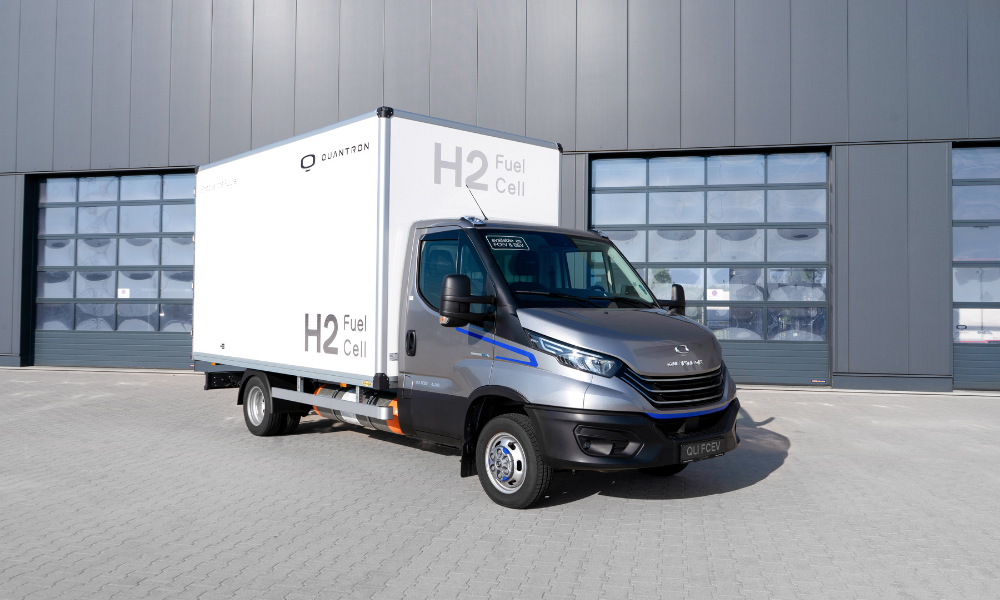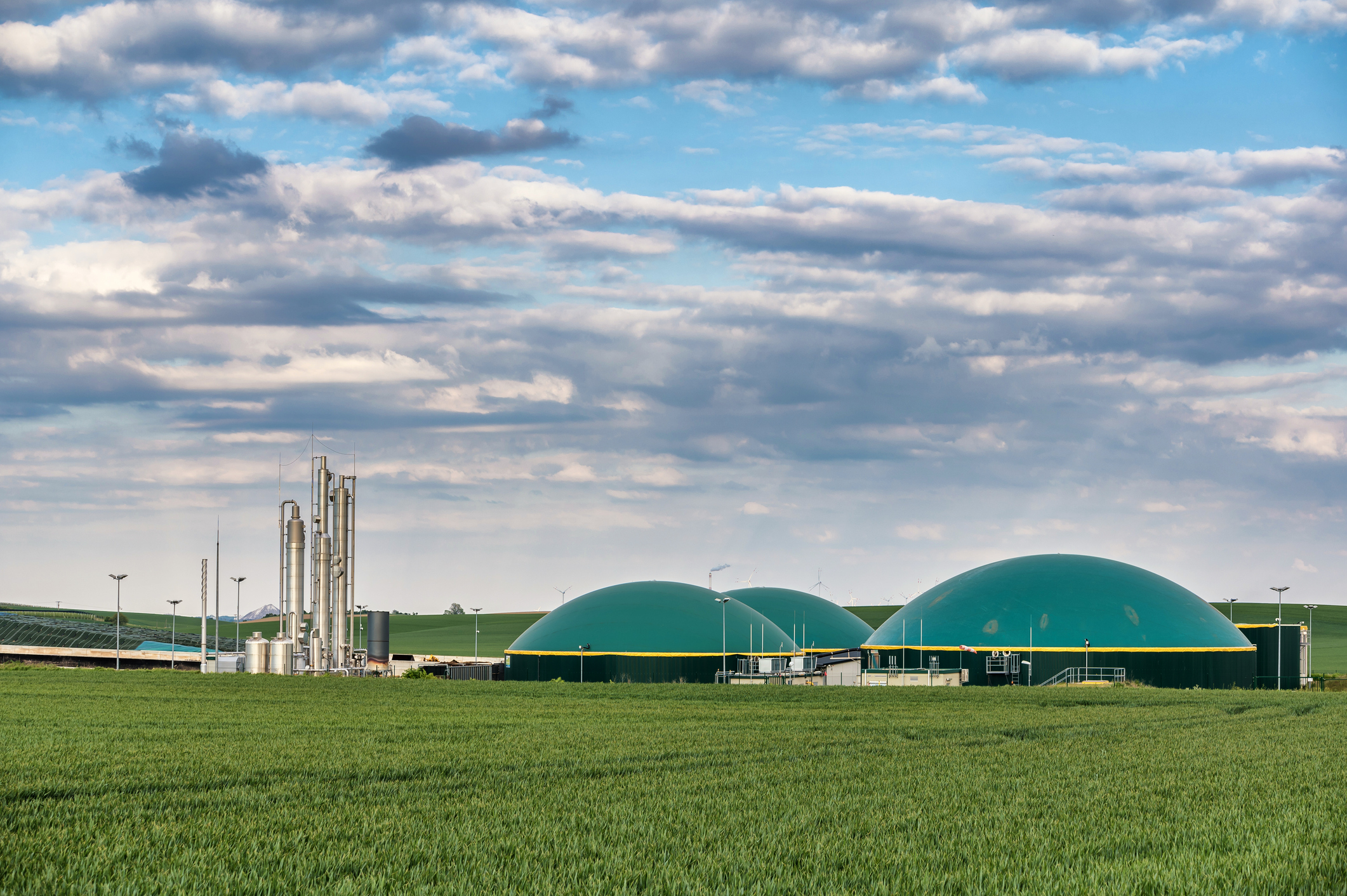
Alternative Fuel Leasing
Lease greener, drive smarter
Beyond batteries: flexible leasing solutions for alternative fuel vehicles
With over 2 million plug-in cars on Britain’s roads, there’s no doubt that battery technology plays a major role in decarbonising road transport. However, as vehicles get bigger, the picture changes dramatically, and just 300 of the 535,000 UK-registered HGVs are electric-powered.
With heavy goods vehicles accounting for around 20% of transport related emissions, it’s clear that achieving net zero means looking beyond batteries to alternative low carbon fuels.
We’re proud to be taking the lead with pioneering fuel agnostic fleet solutions that help fleet operators to cut carbon today and be better prepared for a net zero future.
Is hydrogen the best long-term solution for HGVs?
With charging times and real-world range both being major barriers to the widescale adoption of battery electric HGVs, hydrogen has the potential to become the zero-carbon fuel of the future for HGVs and heavy-duty vans.
As part of the Tees Valley Hydrogen Vehicle Consortium, which showcases the first large-scale deployment of fuel cell electric HGVs in the UK, we’re generating crucial insights that will help commercial fleet operators assess the real-world viability of hydrogen vehicles.

With our experience and unique capability to build, fund, and manage the in-life maintenance across all vehicle types, including HGVs, we’re looking forward to collaborating with other selected participants to create a cleaner transport sector and ultimately unlock the vast potential of fuel cell hydrogen vehicles.

Jon Lawes
- Managing Director
Novuna Vehicle Solutions
Can HVO help drive progress towards net zero?
Biofuels like HVO (hydrotreated vegetable oil) may not be the long-term solution but, with battery electric HGVs proving to be high cost and low range, and a viable hydrogen infrastructure still some way off, heavy commercial fleet operators are looking for other ways to reduce carbon emissions.
Most diesel vehicles are capable of running on HVO without any engine modifications, and the opportunity to reduce greenhouse gas emissions from HGVs by up to 90% is a strong incentive to explore the operational viability of switching to fossil-free biofuels.
We’re already working with HGV operators in the public and private sector, helping them evaluate, trial, and adopt biofuels as part of their wider carbon reduction strategies. To find out more about how we can help your business explore the potential benefits of biofuels and HVO, just get in touch.

Reducing the emissions of gas-powered trucks
Trucks designed to run on CNG (Compressed Natural Gas) or LNG (Liquefied Natural Gas) can easily switch to using biomethane (upgraded biogas) with no engine or system modifications.
Biomethane is created by breaking down organic matter, such as food and animal waste, to produce methane. The biogas is then cleaned and either compressed or liquefied for use as vehicle fuel. The result is up to 85% less greenhouse gas emissions.
Biogas is already used by many major hauliers, and we’ve seen demand continue to grow as fleet operators look for a short to medium term solutions that significantly reduce the environmental impact of their fleet operations.


